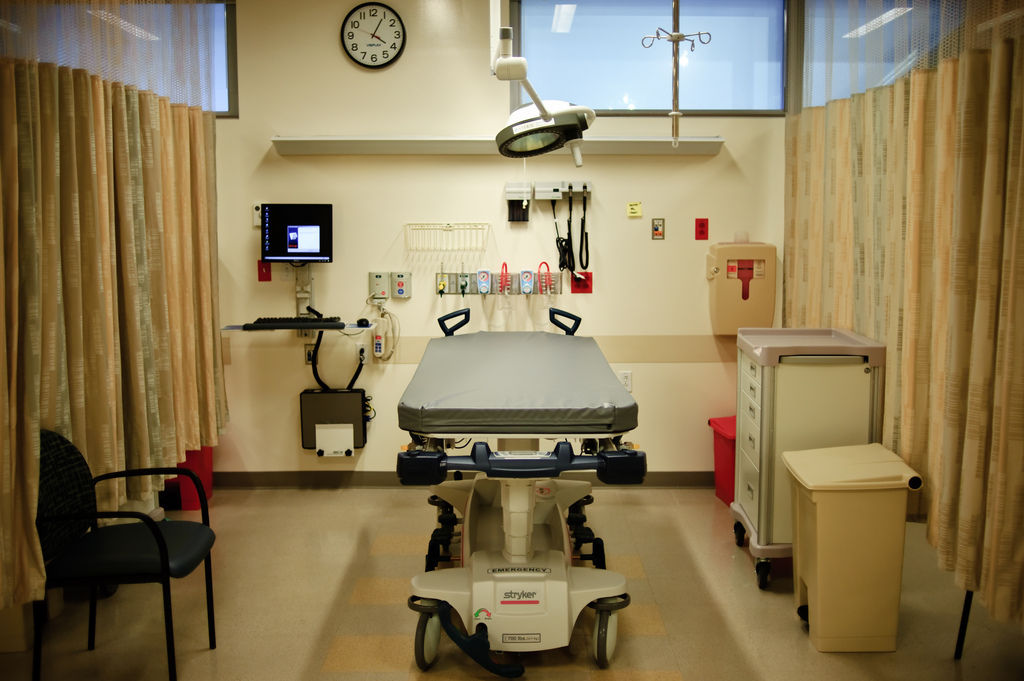People with disabilities and their caregivers are at risk for being made to say yes to medical assistance in dying when they don’t want to.
On July 24, 2017, CBC reported a story about a 25-year-old woman living in Newfoundland who has many disabilities. While she was hospitalized for illness, the doctor made a suggestion to her mother that she could consider medical assistance in dying (MAiD) as a choice for her daughter’s future. Her mother was reminded that assisted suicide is now legal in Canada.
Just over a year ago, the federal government passed a law allowing medical assistance in dying, after the Supreme Court of Canada struck down the ban on assisted suicide.
The disability community was gravely concerned about the medical assistance in dying law. The Newfoundland case is exactly the kind of situation many of us were afraid would happen.
One of the problems with this legislation is that it exists in a society that is deeply ableist. Abelism is the belief that a disabled person’s body is worse than the able person’s body. The worst of this point of view is evident when people with disabilities are told that it is better to be dead than to be disabled.
Like the young woman in Newfoundland, I have multiple disabilities. Last year, I was put in hospital for an infection and put into a coma so my body could rest. When I first came out of the coma, after telling me I was restrained so I would not pull out the breathing tube, my nurse’s first words were “I know the tube is miserable, I’d kill myself if I had to have one.” She was trying to be understanding and, to be fair, many people worked really hard to save my life. But the words still hurt my feelings, because I had been very afraid to go to ICU because of MAiD. People with disabilities need to trust their doctors and nurses. We need to feel safe when we go to the hospital.
People with disabilities often have higher rates of other illnesses such as cancer, heart disease or diabetes, along with their original disabilities. This is often called complex care or multiple barriers. Yet they are often made to feel ashamed for needing more care when they have more disabilities or health conditions at the very time they need the most support.
The Vulnerable Persons Standard (VPS) was made to help protect people like us from being forced to choose MAiD when we might not want to. The VPS was also made to try to protect people with disabilities from people who might try to abuse MAiD.
Developed by advisers qualified in medicine, law, politics, ethics and advocacy for people with disabilities, the Standard says that:
“Extensive research shows that a wide range of factors related to social, financial, psychological and spiritual suffering can lead patients to request Medical Aid in Dying (MAiD)…”
It warns us about using MAiD instead of giving the right care to people with disabilities and serious illnesses.
My experience, and that of the woman in Newfoundland, are like the experiences of many women with disabilities across Canada. Women are the majority of people with disabilities who are choosing MAiD. In the 1995 publication Don’t Tell Me to Take a Hot Bath: Resource Manual For Crisis Workers by Shirley Masuda, the author correctly predicted that the “right to die” would become the “duty to die.” Women with disabilities are being seen as burdens.
But women with disabilities do not seek MAiD because they are disabled. It is because we lack access to suicide prevention services, trauma-informed treatment, addiction services, and are often trapped — in isolation, poverty and abuse. We fall into despair because within society and sometimes within our own families we are not valued and we lack the services and supports we need to lead safe and effective lives.
People with disabilities, especially women, need accessible medical care, home care, community-based supports, employment, and support in being active and engaged members of our communities.
We need assistance in living.
Carmela Hutchison is the President of the DisAbled Women’s Network (DAWN) Canada), an executive member of the Council of Canadians with Disabilities and a mental health advocate.
Image: Flickr/leecullivan
Like this article? Please chip in to keep stories like these coming.




